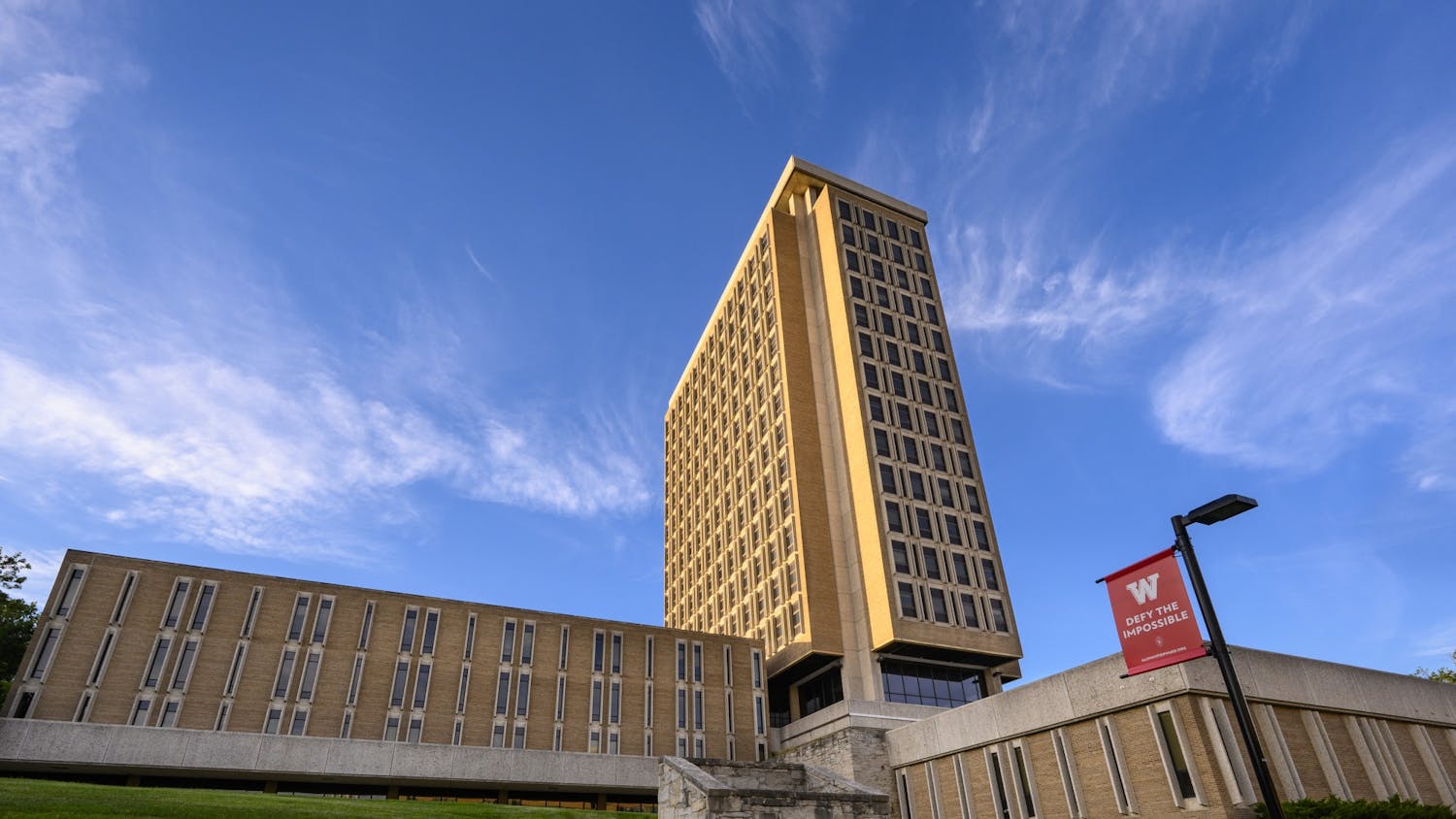VATICAN CITY — Millions around the world have grieved Pope Francis’ passing, but for the many University of Wisconsin-Madison students studying abroad in Rome — and throughout Italy — his death has hit closer to home.
Junior Lexi Schauls said crowds in Rome and Vatican City have only grown larger since April, with 35,000 attending Easter Mass and more than 250,000 mourners attending Francis’ funeral. Spring weather also marks the beginning of ‘tourist season’ in Italy, bringing even more people to the city.
“Lots of people came from all over the place,” she said. “You could just tell that people were coming here for Pope Francis, and I think he was a very progressive Pope.”
Junior Elizabeth Schutz echoed Schuls, saying that Francis’ openness to all people made him a role model for her as a Catholic. She cited a 2013 moment in which Francis was asked about gay priests in the Catholic Church and famously responded, "Who am I to judge?”
Schutz, like Schauls, lived in the Prati neighborhood of Rome, approximately a 12–15 minute walk from the Vatican. She was in Rome for Easter just a day before Pope Francis passed away and saw him in his popemobile following Easter Mass.
“When he drove by, there was very minimal hand waving because obviously he was very ill,” Schutz said. “Going back literally two days later to go visit his casket was a very harsh turn, to say the least. It was very jaw-dropping to think of being one of the last people to see the Pope in one of his public appearances.”
The funeral itself was somber, with choral hymns in Latin echoing around St. Peter’s Square. Bible readings in Italian, English, Spanish, German and Mandarin, among other languages, were given. Late in the funeral, flocks of priests from all corners of the world strode down the cleared aisle to deliver the Holy Eucharist to all those who wanted it.
The service drew 130 foreign delegations, including both current President Donald Trump as well as former President Joe Biden, whose motorcade was greeted by crowds with raucous applause. There was also a heavy police presence, with the Italian government deploying approximately 4,000 police and military members for security. Rome was declared a ‘no-fly’ zone for the duration of the funeral, and helicopter blades whirred from hundreds of feet above St. Peter’s Square. Alongside security, there were also dedicated medical teams handing out water bottles to attendees.
The Pope, since taking the pontifical name Francis, has continuously chosen humbler living arrangements and clothing, in line with the teachings of St. Francis of Assisi. His funeral, too, was notably more humble than previous papal funerals have been, at his request.
Junior Cameron Hagen, who studied in Florence as opposed to Rome, took a 6 a.m. train to Rome in order to pay her respects at the funeral.
“I'm not Catholic, but I thought it'd be a really great way to pay my respects to a great man,” Hagen said. “I really aligned with a lot of the ideals that he valued, such as being humble, caring for the poor and just showing his love for the people who need it and your neighbors in general.”
Hagen, joined by the 250,000 others in St. Peter’s Square last Saturday, added that the internationality of the event made it even more poignant.
“I think my favorite part was seeing all of the different walks of life of the people that were present at his funeral,” she said. “Some people spoke English, some people spoke Italian, some people spoke other languages, but even if you didn't quite understand or weren't familiar with the process of the Catholic Church, people just came together to show their love and their support for that man.”
Schutz, looking back at her time abroad, recalled attending a papal audience her first week in Rome – an experience that would be foundational to her study abroad experience and would make returning to pay her respects to the late Pope Francis even more impactful.
“It was kind of like he welcomed me into the city,” she said. “He was the first thing in Rome that I was like ‘wow, this is so cool to be abroad.’ I felt like I should go back and say, ‘Thank you for letting me into the city and being there.’”
Annika Bereny is the campus news editor for The Daily Cardinal. She previously served as the special pages editor. As a staff writer, she's written in-depth on campus news specializing in protest policy, free speech and historical analysis. She has also written for state and city news. She is a History and Journalism major. Follow her on Twitter at @annikabereny.






